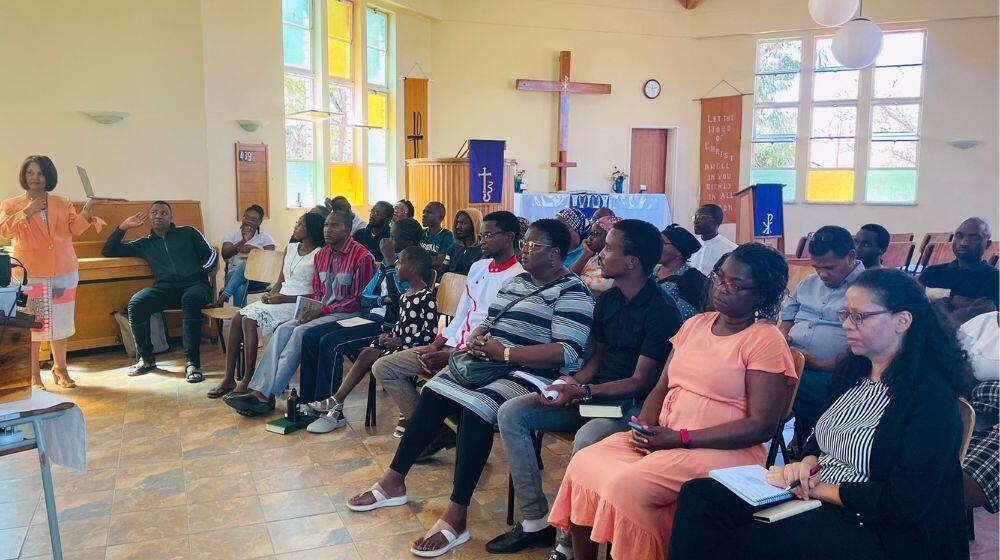WINDHOEK, Namibia - Gender-based violence (GBV) is a gross violation of an individual’s fundamental human rights, and survivors often suffer lasting physical, psychological, and emotional harm. Yet, for one-third of women of reproductive age in Namibia, GBV is a tragic reality of life.
The 2013 Namibia Demographic and Health Survey has estimated that 33% of never-married women aged 15-49 have experienced physical, sexual, and/or emotional violence from their partner. About 32 % of adolescent girls aged 15-19 and 35% of young women aged 20-24 have experienced physical violence from a partner.
During the period 2012 to 2016, the Namibian Police identified the five top forms of violence in reported cases as 22,174 assaults with grievous bodily harm, 18,054 common assaults, 2,839 rapes, 1,138 attempted murders, and 734 murder cases. With its significant prevalence in the country, failure to address issues related to GBV and violence against women and girls could pose serious consequences and costs to society in the future.
UNFPA has found that if not addressed, the number of women experiencing intimate partner violence in a year would increase from 113,539 in 2020 to 127,697 in 2030, with a cumulative total of 1.3 million between 2020 and 2030 (an annual average of 120,903).
Any successful effort to end violence against women and girls should involve everyone, including faith communities. For this reason, the One Economy Foundation, in collaboration with UNFPA, trained 34 theological students and four (4) pastors and lecturers on GBV and femicide during a seminar at the United Lutheran Paulinum Chapel in Windhoek on 4 April 2023.
The session began with a video to dispel myths and misperceptions about rape and GBV and set the tone for an interactive session. The Office of the First Lady's Gender and Child Protection Specialist, Dr. Veronica Theron, emphasised the importance of church leaders in reducing Namibia's high rates of violence. She noted that with their platforms, they can easily convene specific target audiences to raise awareness and sensitise their congregants.
The topic of how harmful cultural norms and traditional practices perpetuate violence further sparked interesting discussions and allowed for more in-depth discussions.
In her closing remarks, Reverend Janine van Wyk pledged to continue the discussion on collaborating and generating ideas together as pastors and students to end GBV-F and violence against women and girls in their communities.


